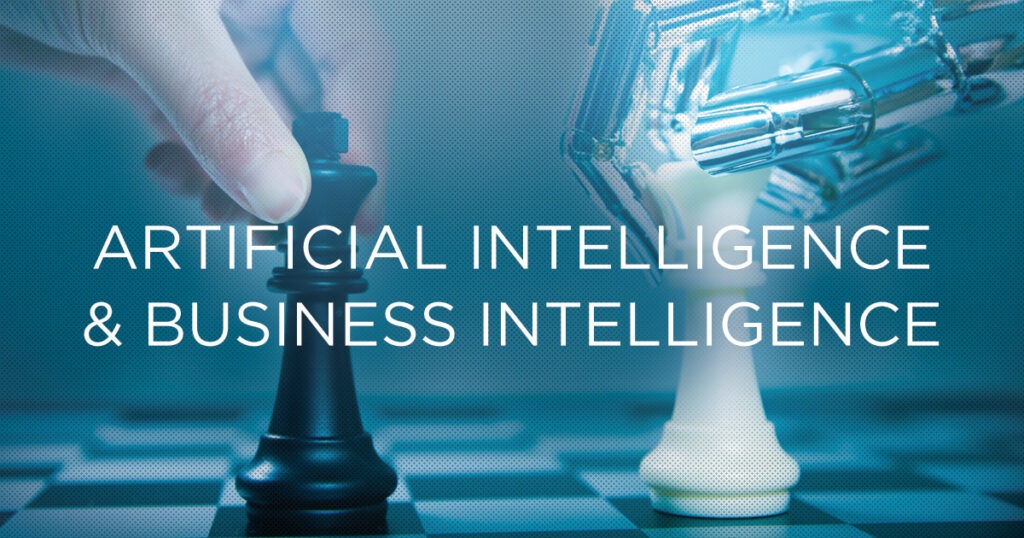AI Business VS Business AI

"Difference Between AI Business & Business AI: Exploring Applications and Strategies"
Difference Between AI Business & Business AI
AI business and business AI refer to the use of artificial intelligence (AI) in the business context, but they have slightly different meanings.
"AI business" refers to the use of AI in the creation of new business models and revenue streams, as well as the development and deployment of AI technologies. It encompasses the overall strategy and approach that a business takes toward incorporating AI into its operations.
"Business AI" refers to the specific applications and use cases of AI within a business. It describes how a business is using AI to automate tasks, analyze data, make predictions, and more. Business AI can be seen as a subset of AI business.
In summary, AI business is a broader term that encompasses the overall use of AI in a business context, while business AI is focused on the specific applications and use cases of AI within a business.
Details Of Both Terms:
Business AI
Business AI, also known as AI in business, refers to the use of artificial intelligence (AI) technologies in various business applications. This can include things like automating tasks, analyzing data, and making predictions. Business AI can be applied in various industries, such as finance, healthcare, retail, and more.
Some common examples of Business AI include:
Chatbots for customer service: AI-powered chatbots can be used to interact with customers and provide information or assistance.
Predictive analytics: Business AI can be used to analyze data and make predictions about things like customer behavior, market trends, and more.
Automating processes: AI can be used to automate repetitive tasks, such as data entry and analysis.
Image and voice recognition: Business AI can be used to analyze images and voice to identify patterns or extract information.
Robotics: AI can be used to control robotic systems in manufacturing or other industries.
The goal of Business AI is to improve efficiency, reduce costs, and enhance customer experiences. By automating repetitive tasks, analyzing large data sets, and providing insights, Business AI can help companies to make better decisions, improve operations and increase revenue.
AI business
AI business refers to the use of artificial intelligence (AI) in the business context. This includes the development and deployment of AI technologies, as well as the creation of new business models and revenue streams that leverage AI. AI business can be applied in various industries, such as finance, healthcare, retail, and more.
Some examples of AI business include:
AI-powered automation: Companies can use AI to automate repetitive tasks, such as data entry and analysis, to improve efficiency and reduce costs.
AI-powered insights: AI can be used to analyze data and provide insights into customer behavior, market trends, and more, to help companies make better decisions and improve their operations.
AI-powered products and services: Companies can create new products and services that leverage AI, such as chatbots, virtual assistants, and personalized recommendations.
AI-powered innovation: Companies can use AI to drive innovation in their products and services, by developing new technologies and capabilities that were not previously possible.
AI-powered business model: Companies can create new business models that leverage AI, such as on-demand services, pay-as-you-go models, and more.
The goal of AI business is to leverage the power of AI to drive growth, improve efficiency, and create new opportunities for companies. By applying AI to various business processes, companies can gain a competitive advantage and increase their revenue.
AI Vs BI
Tags: AI Business, Business AI